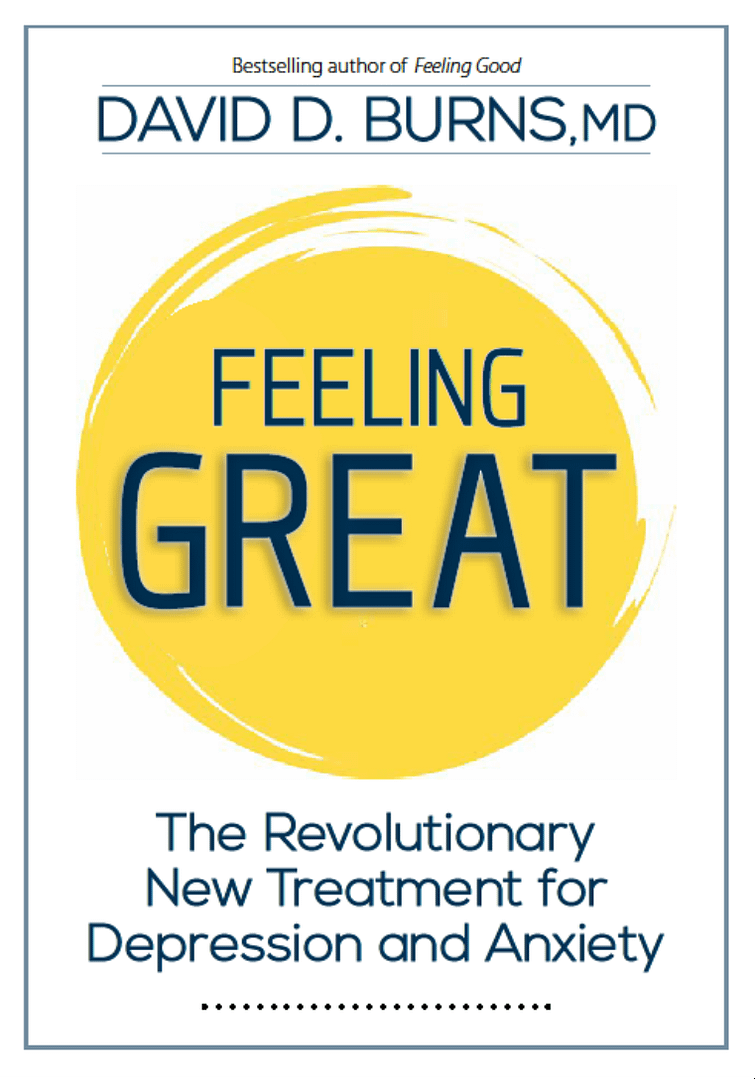355: Relationship Problems: Be Gone!
Featuring Dr. Matthew May
In today’s podcast, Matt, Rhonda and David discuss relationship problems, and how to overcome them. We also give instructions on the Paradoxical Invitation, one of the most important and difficult techniques for TEAM-CBT therapists to learn.
We started today’s podcast interviewing Tania Ahern and Andy Persson who give a plug for the upcoming TEAM-CBT intensive from August 14 to 17, 2023 in Bristol, and incredible British city with an outstanding TEAM-CBT training program in store for you. Many notable TEAM experts will be presenting, including Drs. Leigh Harrington, Heather Clague, Marius Wirga, Stirling Moorey, Mike Christensen and many other notable teachers. Special thanks to Peter Spurrier for being a fantastic TEAM therapist and organizer!
I will also be there virtually doing a keynote address, a Q and A session, and a live TEAM-CBT demo with a workshop volunteer. The amazing Mike Christensen will be my co-therapist. Hope to see you there! Go to TEAMCBT.UK for registration and more information.
Today we focus on relationship problems, starting with a real example, which often makes for the best teaching. Rhonda recently spent time with her very good friends to help with their new twin babies. Rhonda’s friend had a very difficult delivery, and was in the hospital for several weeks following the birth of the babies. Rhonda worked relentlessly cooking and cleaning for them, feeding the babies, changing their diapers, and comforting them, and providing help for the new mom, who was overwhelmed and fearful of bathing the babies, thinking she might hurt them when attempting to bathe them.
As so often happens in real life, Rhonda ran into a severe conflict with her friend and she responded with anger, and we all so often do. She reveals how terrible she and her friend felt, and how she saved the day after deciding to have a “redo” of the interaction, using the Five Secrets of Effective Communication.
Rhonda, Matt and David described one of the most difficult therapy tools in TEAM-CBT, the Paradoxical Invitation Step, and contrasted it with the Straightforward Invitation.
Rhonda also mentioned some podcasts for further information on the Relationship Journal and the Interpersonal Model in TEAM-CBT. There are even more, but here are some that might interest you. My book, Feeling Good Together, is also a must-read for anyone wanting to make profound changes in the way you connect with the people you love, as well as your patients if you’re a shrink!



